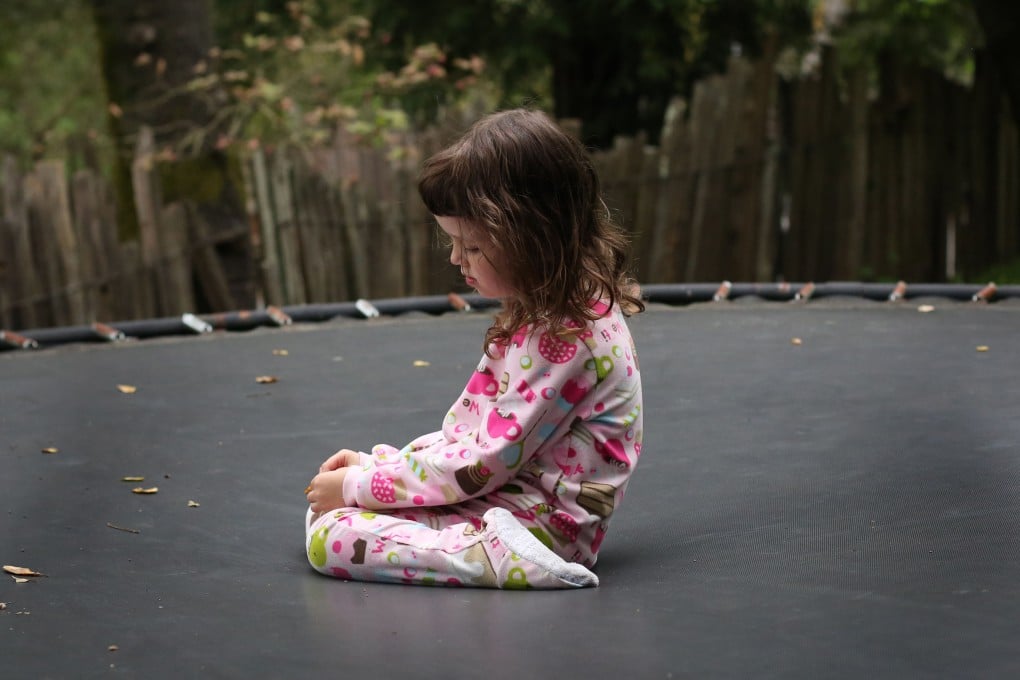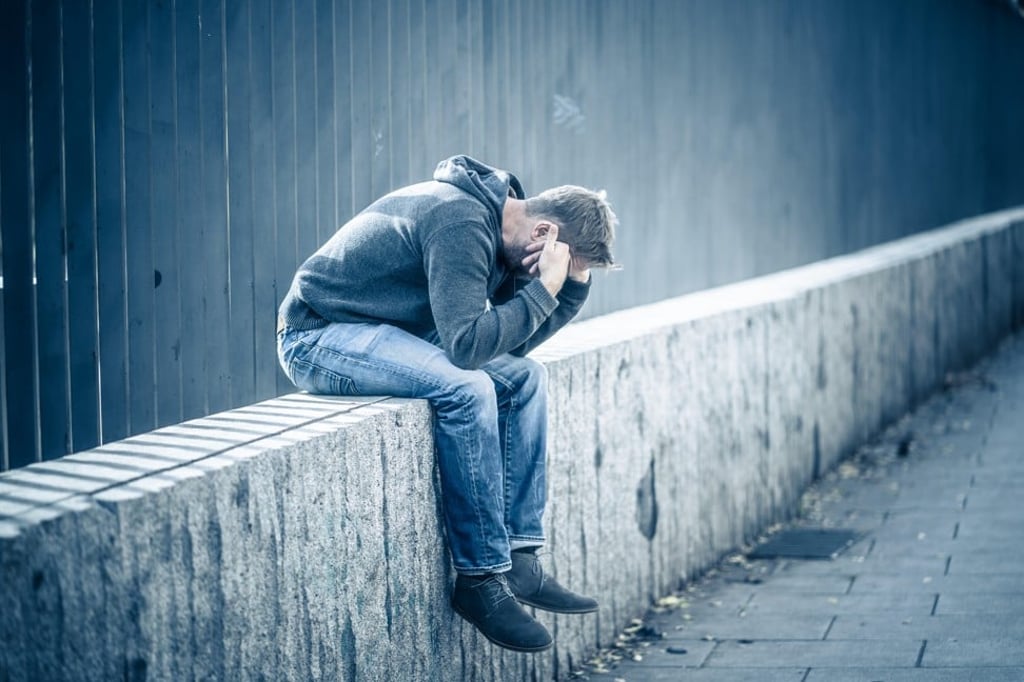The Naked Truth | How to deal with childhood trauma and build more meaningful adult relationships
- By tackling the wounds you received while growing up, and coming to terms with them, you’ll get a step closer to healing and having a happier life
- Only when you have love for yourself, can you really have love for others

Unresolved childhood issues that often lie dormant for years can suddenly come flooding back. Not only can this be painful for the individual, but it can hurt our relationships with other people, especially romantic ones.
We all desire love and connections because we want to feel safe, be heard, seen and understood. In the absence of these, it can make us feel alone, alienated, unloved and depressed, says Michelle Harris, a personal, relationship and couples’ empowerment guide.
Even a child who is in a relatively loving family can feel alone and isolated. In other words, it does not just affect children whose parents have split-up, or those with absent parents or abusive parents.

A child can feel disconnected from parents or siblings, especially if they feel they are being judged, or denied the level of love and affection they desire. As a result, they can also feel traumatised for being “left out”.
Consequently, Harris says, it can bring conflicting emotions and feelings. “Those with childhood issues can crave love and connection, but also fear it, or believe they don’t deserve it and push it away.”
